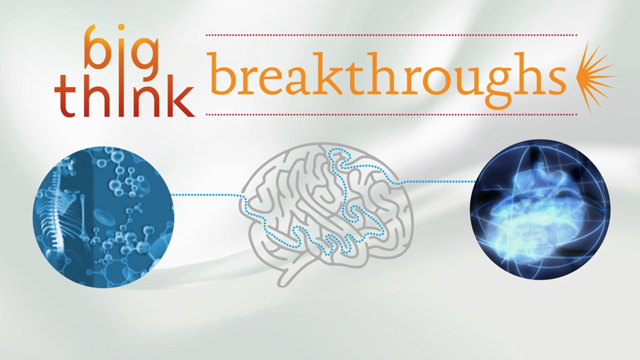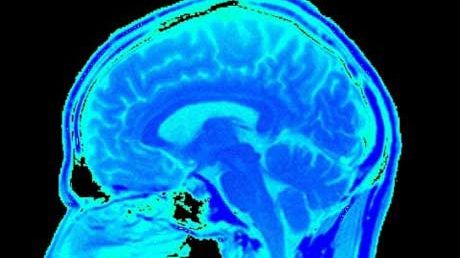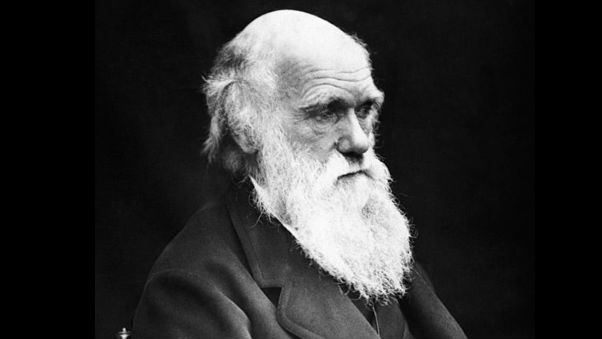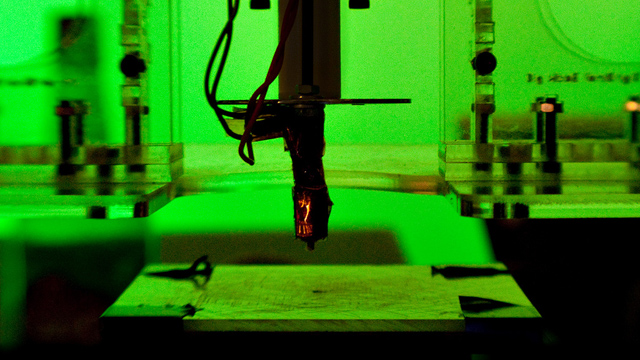Surprising Science
All Stories
Are women and African-Americans at a higher risk for Alzheimer’s disease—as some data suggests—or are there other factors in play?
Scientists at Europe’s best particle-physics laboratory have been able to trap a very small amount of antihydrogen—the simplest type of anti-atom—for the first time.
Are the modern media damaging domestic life? Current studies demonstrate a more complicated picture of a modern family that changes modern media itself.
Today’s robots are less intelligent than cockroaches, but advances in quantum computing—transferring information using atoms rather than silicon—could revolutionize the field of AI.
Google’s next Android-powered phone will contain a chip enabling people to make payments via their handsets. The technology is safer than conventional credit cards.
Why can’t you tell when an hour has passed without looking at a watch? Neuroscientists explain why our biological clocks are subjective and susceptible to influence.
A Scottish man in his 60s has become the world’s first person to receive injections of foetal stem cells into the brain in order to repair damaged nerve tissue caused by stroke.
Exceptions to the trend of scientific progress include research on infectious diseases, space colonization, supersonic transit and commercial fusion power.
As networks of people grow larger, they will usually tend to converge on an accurate understanding of information distributed among them, says a new M.I.T. study.
If we want evolution to be accepted by everyone, we may need an approach with a bit of everything. Quinn O’Neill on persuasion via aesthetics, not just evidence and appeals to reason.
The effects of fishing are certainly not as extreme as the celestial impact that ended the age of the dinosaurs, but in some parts of the tropics we are getting close.
Men are ‘hardwired’ to cheat, ignore their wives, suspect infidelity, overspend, fail, love money, pursue women and achieve supremacy in the workplace. Or is that bad science?
Our society is faced with a disturbing reality: One in eight people aged 65 and older has Alzheimer’s—a disease that currently has no cure. Annual costs associated with the disease […]
The mystery of why some people stay effortlessly thin while others struggle to keep weight off has come closer to being solved with a study isolating a gene that affects appetite.
Does a dirty scoundrel need a bath or a moral lesson? Our brains easily confuse metaphor for reality, often with dangerous consequences, says Stanford biology professor Robert Sapolsky.
While some consider the English-born physicist the heir to Einstein, others are baffled at his staunch opposition to climate science and the environmental movement.
Four movements that gained huge followings and have stood the test of time: est, primal therapy, Transcendental Meditation and lucid dreaming. Where are they now?
“Do the billions of non-neuronal cells in the brain send messages of their own?” Nature’s Kerri Smith reports on a change in our understanding of the brain decades in the making.
Recent studies suggest that we derive more satisfaction from things we create ourselves. Known as the Ikea Effect, it could also explain American obesity, says Jonah Lehrer.
Does your sperm have oddly shaped or multiple heads? A breakthrough in fertility treatment magnifies sperm 18 times larger than seen before and eliminates DNA-damaged sperm.
While much remains unknown about the deadly disease, advances in research have shed new light on its mechanisms, and on how dementia affects the aging brain.
Experiments suggest that people are covetous of the things possessed by angry people. The attraction could be evolutionary: more aggressive hunters capture more food.
“What are the fundamental roots of our behavior as human beings,” asks Harvard Business School professor Paul Lawrence. This is a huge question to be sure, but Lawrence has a […]
Notions of time bound up with Christian conceptions of God changed with Einstein. Yet a consensus on the nature of time still seems out of reach.
Economic researchers are uncovering the chemical triggers in our brains that spark feelings of trust—and using their findings to better understand how markets work.
The physicist explains why other universes in the mulitverse could have many more dimensions—and could comprise Einstein’s “Mind of God.”
As rapid prototyping technologies become more affordable and accessible, we could be creating more and more of the products we use every day in our homes.
Universities and computer companies like I.B.M. are making progress on quantum computers, superfast machines that obey the laws of quantum mechanics.
British scientists celebrate a groundbreaking experiment that generated temperatures a million times hotter than the Sun’s center, reports The Independent.
Given incentives like product discounts, consumers are proving eager to hand over mobile phone data to businesses that want to track their movements.







